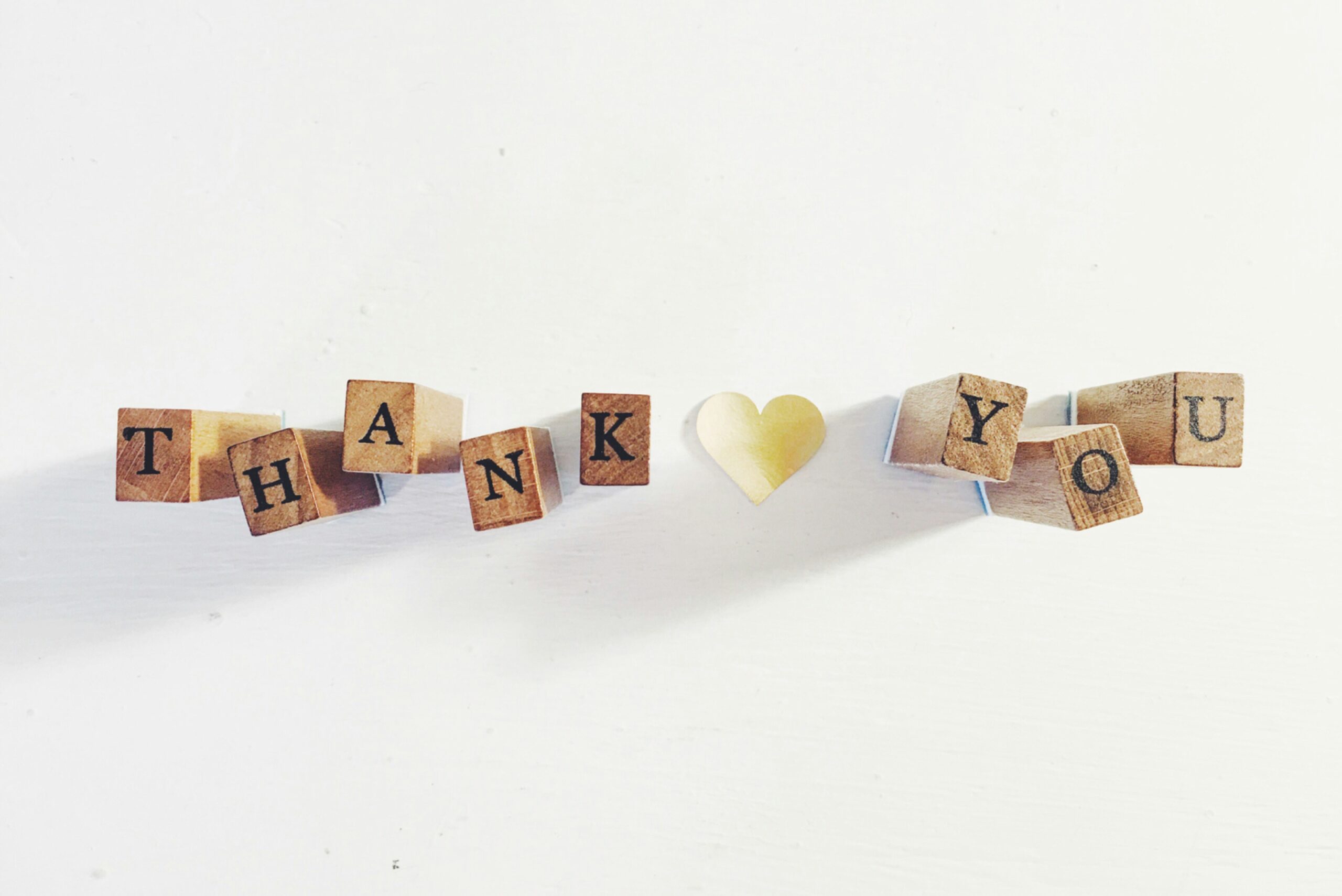
Thank You, Mama!
Psalms 9 and 10
Also available as a video!
A few years ago, during the height of Covid and the uprising for Black lives, this little toddler named Grey broke through the urgency of activism on the internet with his pure joy and gratitude. (Video: “Thank you, mama”) The tiktok account, called GreyandMama went viral with a compilation of Grey’s absolute delight each time he is handed a snack or treat or giant charcuterie board: “Thank you, Mama!” he says over and over and over again.
Not only is it so adorable to see this tiny child’s delight and joy, there is something about that sincere expression of gratitude for the meals that his mama is handing to him that is just so compelling.
Psalm 9 begins, “I will give thanks to you with my whole heart.” It starts in an almost child-like spirit of joy and gratitude. The Psalm begins as many Psalms do: grounded in love and praise for our Creator and for all that God is and does in the world.
However the Psalmist doesn’t stay long in the simple expression of gratitude. There is a progression through these two Psalms. Even though Psalm 9 remains mostly rooted in thanks, it’s a complicated gratitude: the writer has experienced hardship, pain, oppression. God has been present through these times and sees God’s hand in the stumbling of oppressive forces.
Yet the movement from Psalm 9 into Psalm 10 is pleading, despairing and angry. “Rise up, O Lord. Let the nations be judged…Why do you stand so far off?” What began with a child-like delight shifts to a worldly awareness of injustice.
Like the Psalmist, we may feel sometimes like even while we catch a glimpse of joy and delight in a moment in nature, time with a loved one, the a well-written novel or TV series, we’re surrounded by the urgency of injustice.
We join our voices with those crying out, “Rise up, God. Do not forget the oppressed.” With the Psalmist we see the wicked and the greedy seeking only their own advantage, ignoring or accepting inequity when it serves them, believing that they will not be held to account.
There’s a kind a cultural emphasis on gratitude that to me seems a little simplistic and trite. The kind that’s summed up by sayings like “Good vibes only!” and “Have and attitude of gratitude.” I appreciate the nuance of the Psalmist’s thanksgiving. And I feel the longing and even rage of the Psalmist crying “Break the arm of the evil doers! Seek out their wickedness until you find none!” I feel so, so angry and sad about lives lost in Gaza, wars in the Ukraine, Sudan, the Congo that barely receive attention, Black women shot in their homes when they call law enforcement.
But rage is not sustainable, it burns hot and burns out. Any movement for change and justice, if we truly want the wickedness of inequity to be broken needs to be grounded in something deeper. So where can I find gratitude? Not the simple, though delightful, gratitude of a small child for pancakes but gratitude and even joy of belonging to a community responding to the rage and lament.
With relation to the movement for Palestine I find hope and gratitude in the uprising itself, in the swell and momentum that feels different than ever before. I am grateful for the folks who are training in non-violent action who are marching to DC and who keep writing and calling their law makers. Who are letting Gaza affect how they vote. I am grateful for all of you, to be holding this together.
The Psalms often follow a pattern. Walter Brueggemann calls it orientation, disorientation, re-orientation. The Psalm begins in a steady place of simple thanks or praise. But then it moves into a feeling of un-ease and discomfort, even pain and struggle. A world unsettled, distanced from the Creator. Yet often, except in small handful of instances, the Psalmist turns again – re-orients – back to a place of confidence, knowing God is present and active, on the side of the oppressed. God will not abandon us.
In that too I can be grateful. When we follow Jesus, we are accompanied by the One who “does justice for the orphan and the oppressed. So that those from the earth may strike terror no more.” Yes we will be angry. Yes we will be sad. Yes, absolutely the rulers and the forces of injustice will try to undo us. But we are we. We are together and we are with God. We need not fear. Thanks be to God. Thank you, Mama!
—
